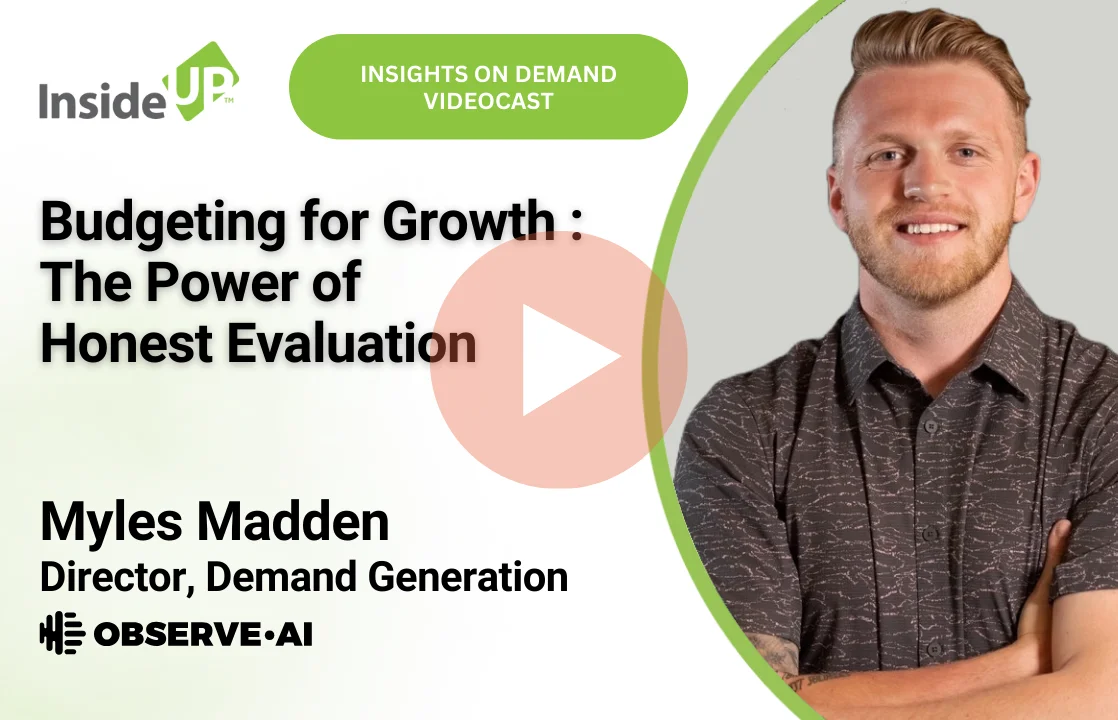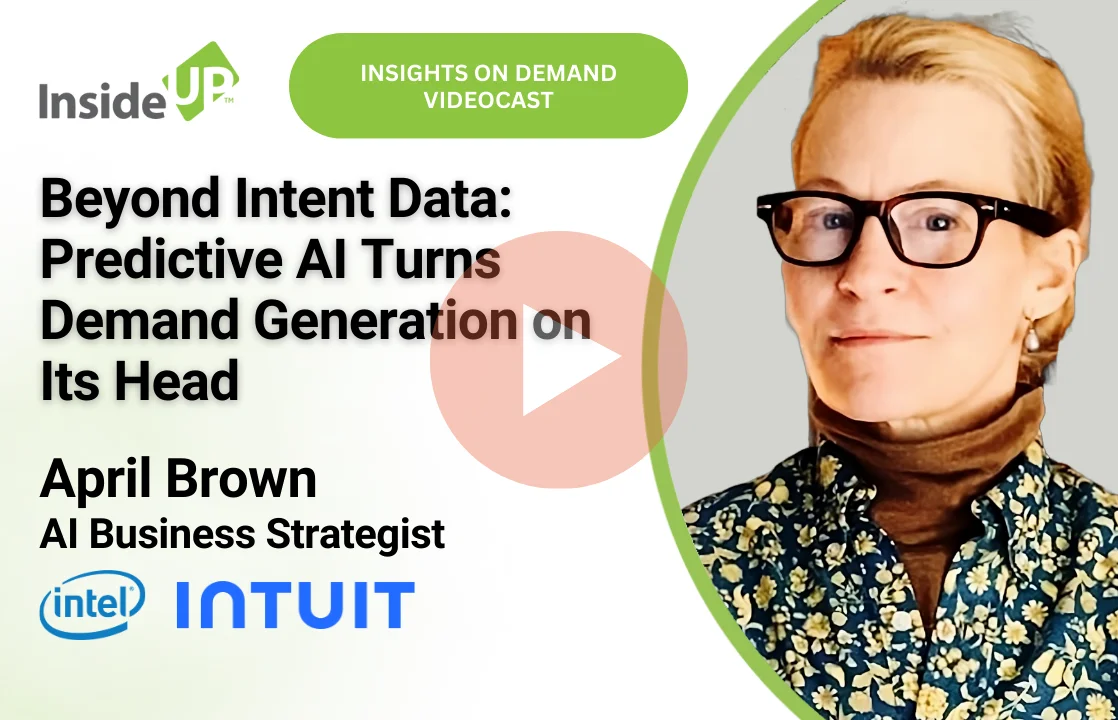
As part of our thought leadership series Insights on Demand, we recently conducted interviews with experts on the utilization of Predictive AI. These discussions provided valuable insights into the transformative power of Predictive AI and its profound impact on businesses across various sectors.
Bridging the Gap: Navigating the Transition from Science to Business with Predictive AI
Dr. Cazhaow Qazaz, who has led Predictive Analytics at Merkle, D&B and recently at Knowledge Square, shared insights into the seamless transition from his background in nuclear physics to his current role in business analytics and artificial intelligence. Drawing parallels between statistical principles in physics and predictive models in AI, he emphasized the importance of a strong foundational knowledge and a continuous thirst for learning in navigating the complexities of AI integration.
Cultivating Leadership: Empowering Teams and Driving Innovation with Predictive AI
April Brown, an AI business strategist, most recently at Intel, highlighted the critical distinction between managers and leaders in driving the adoption of predictive AI. She underscored the role of leaders in inspiring and empowering teams to embrace new technologies and adapt to changing landscapes. By fostering a culture of growth and development, leaders can maximize the potential of predictive AI to achieve organizational goals and drive innovation.
Strategic Adoption: Leveraging Predictive AI to Align with Business Objectives and Customer Needs
Melinda Byerley, a renowned industry expert, emphasized the need for a strategic approach to AI adoption. She stressed the importance of aligning AI initiatives with overarching business objectives and customer needs. By prioritizing customer-centricity and focusing on delivering tangible value, organizations can effectively leverage predictive AI to gain a competitive edge in today’s dynamic marketplace.
Throughout the interviews, the significance of human oversight in deploying deep learning models emerged as a recurring theme. Both Dr. Qazaz and April Brown stressed the importance of maintaining a human-in-the-loop approach to AI deployment, emphasizing the need for human judgment in critical decision-making processes. While AI offers unparalleled efficiency and predictive capabilities, human intervention remains essential in ensuring ethical and responsible use of AI technologies.
The interviews also shed light on the challenges associated with operationalizing predictive AI insights within organizations. From data integration issues to the need for real-time monitoring and quality control, implementing AI solutions requires careful planning and strategic alignment with organizational objectives. Dr. Qazaz emphasized the importance of integrating predictive AI models seamlessly into existing systems to maximize their impact and value.
The insights gathered from these interviews underscore the transformative potential of predictive AI in driving business success. By leveraging AI technologies responsibly and embracing a culture of continuous learning and adaptation, organizations can unlock new opportunities for growth, innovation, and long-term success in today’s rapidly evolving digital landscape.





























































